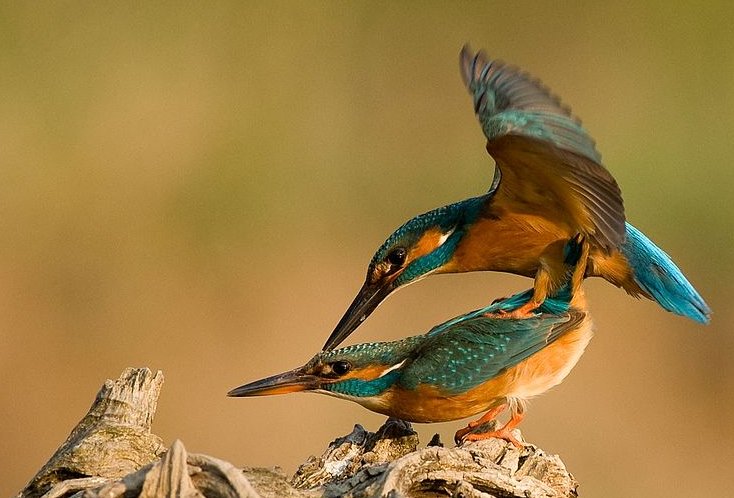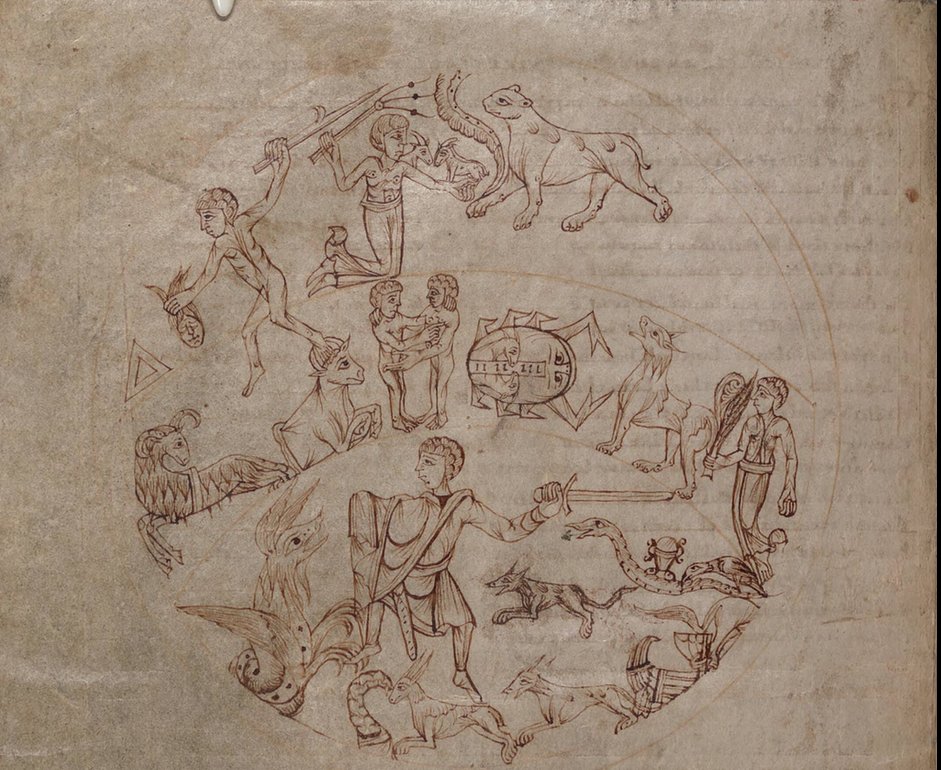|
R (Small
Washington Tablet)
5. Let's now return to our primary line of exploration. I think the turtle glyphs which are preceding heliacal Minelauva (δ) - where the fishing bird (Aa8-66) ... As soon as one has mastered the elementary grammar and accidence of myth, and built up a small vocabulary, and learned to distinguish seasonal myths from historical and iconotropic myths, one is surprised how close to the surface lie the explanations, lost since pre-Homeric times, of legends that are still religiously conserved as part of our European cultural inheritance. For example, the various legends of the halcyon, or kingfisher which like the wren, is associated in Greek myth with the winter solstice. There were fourteen 'halcyon days' in every year, seven of which fell before the winter solstice, seven after, peaceful days when the sea was smooth as a pond and the hen-halcyon built a floating nest and hatched out her young. According to Plutarch and Aelian, she had another habit, of carrying her dead mate [†] on her back over the sea and mourning him with a peculiarly plaintive cry .. . ... Then occurred a curious event. Whether Atea had wearied of bringing forth offspring we are not told, but certain it is that Atea and her husband Fa'a-hotu exchanged sexes. Then the eyes of Atea glanced down at those of his wife Hotu and they begat Ru. It was this Ru who explored the whole earth and divided it into north, south, east, and west ...
has caught hold of (kua mau) 'the fish of life (ola)' - should refer to the Virgo constellation. ... The brothers had no idea what Maui was up to now, as he paid out his line. Down, down it sank, and when it was at the bottom Maui lifted it slightly, and it caught on something which at once pulled very hard. Maui pulled also, and hauled in a little of his line. The canoe heeled over, and was shipping water fast. 'Let it go!' cried the frightened brothers, but Maui answered with the words that are now a proverb: 'What Maui has got in his hand he cannot throw away' ...
Possibly the Fishing Bird was catching and releasing. Turtles live in the sea but they need air to breath, and Virgo - like Orion - is partly above and partly below the surface (declination 0º):
Furthermore, turtles have to get up on land in order to lay their eggs:
... They all sat down and rested [on the plain of Oromanga], when suddenly they saw that a turtle had reached the shore and had crawled up on the beach. He [Ira] looked at it and said, 'Hey, you! The turtle has come on land!' He said, 'Let's go! Let's go back to the shore.' They all went to pick up the turtle. Ira was the first one to try to lift the turtle - but she didn't move. Then Raparenga said, 'You do not have the necessary ability. Get out of my way so that I can have a try!' Raparenga stepped up and tried to lift the turtle - but Raparenga could not move her. Now you spoke, Kuukuu: 'You don't have the necessary ability, but I shall move this turtle. Get out of my way!' Kuukuu stepped up, picked up the turtle, using all his strength. After he had lifted the turtle a little bit, he pushed her up farther. No sooner had he pushed her up and lifted her completely off the ground when she struck Kuukuu with one fin. She struck downward and broke Kuukuu's spine.The turtle got up, went back into the (sea) water, and swam away. All the kinsmen spoke to you (i.e. Kuukuu): 'Even you did not prevail against the turtle!' They put the injured Kuukuu on a stretcher and carried him inland. They prepared a soft bed for him in the cave and let him rest there. They stayed there, rested, and lamented the severely injured Kuukuu. Kuukuu said, 'Promise me, my friends, that you will not abandon me!' They all replied, 'We could never abandon you!' They stayed there twenty-seven [27] days in Oromanga. Everytime Kuukuu asked, 'Where are you, friends?' they immediately replied in one voice, 'Here we are!' They all sat down and thought. They had an idea and Ira spoke, 'Hey, you! Bring the round stones (from the shore) and pile them into six heaps of stones!' One of the youths said to Ira, 'Why do we want heaps of stone?' Ira replied, 'So that we can all ask the stones to do something.' They took (the material) for the stone heaps (pipi horeko) and piled up six heaps of stone at the outer edge of the cave. Then they all said to the stone heaps, 'Whenever he calls, whenever he calls for us, let your voices rush (to him) instead of the six (of us) (i.e., the six stone heaps are supposed to be substitutes for the youths). They all drew back to profit (from the deception) (? ki honui) and listened. A short while later, Kuukuu called. As soon as he had asked, 'Where are you?' the voices of the stone heaps replied, 'Here we are!' All (the youths) said, 'Hey, you! That was well done!' ... [E:27-30]
Ora.1. Healthy; to recover, to be saved (from an illness or a danger): ku-ora-á, ina kai mate, he recovered, he did not die; ku-ora-á te haoa, the wound has healed; e-ora-no-á, he is still alive; ora-hakaou mai, to come back to life; ora ké, what a pleasant breeze! (lit: how healthy!). 2. Stick for spinning top (made from the shell of a sandalwood nut) with which children make the top spin. Vanaga. 1. December, January. Ora nui, November, October. 2. To live, to exist, to draw breath, to survive, to subsist, to be well, healthy, safe, to refresh, a pause, rest, ease; e ko ora, incurable; ora tuhai, previous existence; ora iho, to resuscitate, to revive; ora nui, vigorous; oraga, life, existence; oraga roaroa, oraga roaroa ke, oraga ina kai mou, immortality; oraga kore, lifeless; oraga mau, oraga ihoiho, vivacious; oraora, oraora no iti, to be better; hakaora, to draw breath, to revive, to strengthen, healthy, to sanctify, to animate, to save, to repose, to cure, to rest, to comfort, to assuage; hakaora ina kai mou, to immortalize; hakaoratagata, Messiah, Saviour. 3. To give water to; kua ora te kevare, to water a horse; hakaunu ora, to water. 4. To staunch, to stop the flow of a liquid. 5. To make an escape; hakaora, to discharge, to deliver, to set free. 6. To be awake (probably ara); hakaora to guard. 7. A zephyr, light wind; kona ora, a breezy spot; ahau ora, agreeable breeze. Churchill. Ola, life, health, well-being, living, livelihood, means of support, salvation; alive, living; curable, spared, recovered, healed; to live; to spare, save, heal, grant life, survive, thrive. Ola loa, long life, longevity, Ola 'ana, life, existence. Wehewehe. The explorers reach Easter Island in a 'canoe' (vaka). The name of their craft is given as Oraorangaru 'saved from the billows' (Brown 1924:40) or Te Oraora-miro 'the living-wood' (ME:58). The Routledge reference 'Each (man went) on a piece of wood' (RM:278) also seems to refer to the name of the canoe. As far back as 1934, the name was no longer understood. I favor the following explanation: The difficulty in interpreting the name of the canoe of the explorers arises from the name segment oraora. To begin with, the compound form oraora ngaru should be analyzed in comparison with other Polynesian compounds, such as MAO. pare-ngaru 'that which fends off the waves' (i.e., the hull of the boat), TAH. tere-'aru 'that which moves through the waves' (i.e., riding the waves on a board). There are several possible translations for oraora as the reduplication of ora. Te Oraora Miro can be translated as 'the pieces of wood, tightly lashed together' (compare TAH. oraora 'to set close together, to fit parts of a canoe') and be taken to refer to the method of construction of the explorer canoe, while Oraora Ngaru means 'that which parts the water like a wedge', or 'that which saves (one) from the waves, that which is stronger than the waves'. (Barthel 2)
... The Taoist philosopher Zhuangzi once had a dream of being a butterfly flying without care about humanity, however when he woke up and realized it was just a dream, he thought to himself 'Was I before a man who dreamt about being a butterfly, or am I now a butterfly who dreams about being a man?' In some old cultures, butterflies also symbolize rebirth into a new life after being inside a cocoon for a period of time ...
When Metoro used a key word which had no evident visual connection to the glyph, he was presumably telling Bishop Jaussen on Tahitit about the basic meaning of the glyph in question - which should be very valuable for us:
Vero. To throw, to hurl (a lance, a spear). This word was also used with the particle kua preposed: koía kua vero i te matá, he is the one who threw the obsidian [weapon]. Verovero, to throw, to hurl repeatedly, quickly (iterative of vero). Vanaga. 1. Arrow, dart, harpoon, lance, spear, nail, to lacerate, to transpierce (veo). P Mgv.: vero, to dart, to throw a lance, the tail; verovero, ray, beam, tentacle. Mq.: veó, dart, lance, harpoon, tail, horn. Ta.: vero, dart, lance. 2. To turn over face down. 3. Ta.: verovero, to twinkle like the stars. Ha.: welowelo, the light of a firebrand thrown into the air. 4. Mq.: veo, tenth month of the lunar year. Ha.: welo, a month (about April). Churchill. Sa.: velo, to cast a spear or dart, to spear. To.: velo, to dart. Fu.: velo, velosi, to lance. Uvea: velo, to cast; impulse, incitement. Niuē: velo, to throw a spear or dart. Ma.: wero, to stab, to pierce, to spear. Ta.: vero, to dart or throw a spear. Mg.: vero, to pierce, to lance. Mgv.: vero, to lance, to throw a spear. Mq.: veo, to lance, to throw a spear. Churchill 2.
|
||||||||||||||||||||||||||||||||||||||||||||||||||||||||||||||||||||||||||||||||||||||||||||||||||||||||||
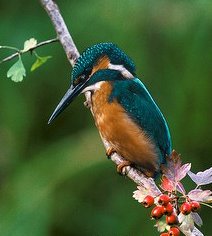
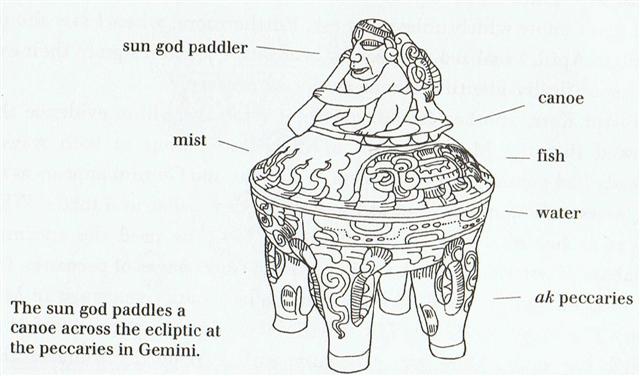

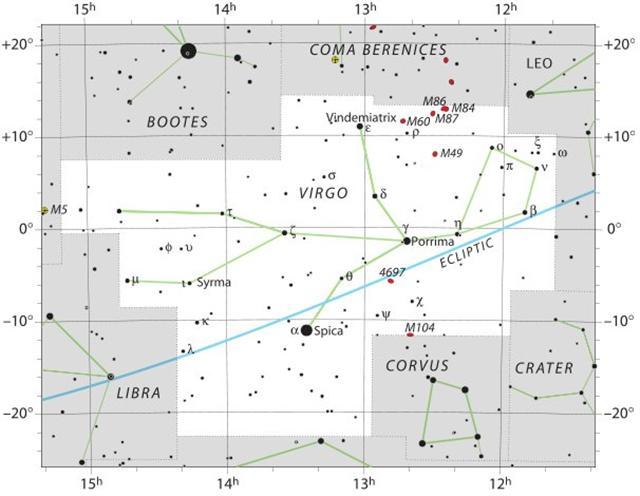
.jpg)






